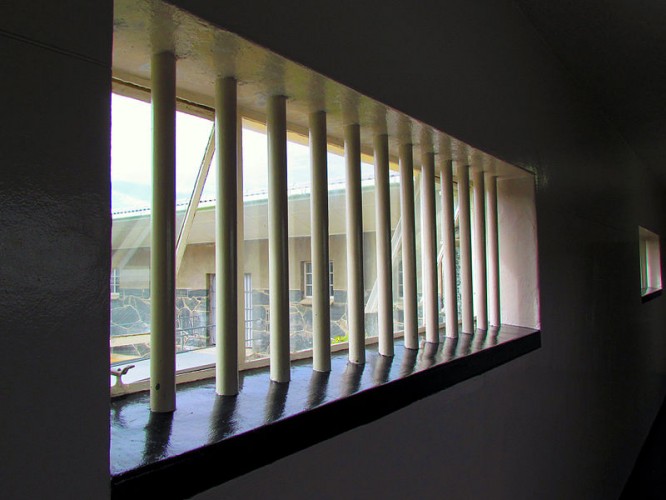In every country, there are always tensions between medical practitioners charged with keeping those incarcerated in good health, and prison officials. As medical ethics and jail policy are often at odds with each other, this is a never-ending dispute.
Doctors are obliged to maintain professional ethnics. They must make decisions on what is best for patients’ health ignoring external influences, they must keep a balance between sympathy and pity for the patient, and in order to make a proper diagnosis, doctors must perform certain examinations to determine what is right for the patient.
However, doctors visiting prisons are often under immense pressure from prison officials when treating injured inmates, which strains the relationship between the jailers and medical professionals.
In my experience as a former prison doctor, I faced many difficulties when dealing with injured people in jail. Although basic medical provisions were available, inmates would struggle to get access to prescription medication, and were frequently unable to take their medicine in time.
When incarcerated, patients cannot follow doctors’ orders to rest or eat properly, as they are only provided with prison rations. Vitamin D deficiencies are also common due to a lack of sunshine. Even once removed to outside hospitals, prisoners are kept isolated and face discrimination from hospital staff. The list goes on.
Female detainees in particular suffer worse health problems in prison. Following mass arrests at the student protests in March, it emerged that jailers were conducting pregnancy tests on the women arrested, which some state was according to prison rules. But I don’t know if they were also checking for HIV and Hepatitis B and C. Due to inadequate menstruation supplies, blood-borne infections are particularly prevalent in women’s prisons.
Further contributing to the HIV/AIDS infection rates is the failure to isolate female sex workers carrying the virus from other prisoners. In Burma, female political prisoners are detained alongside these sex workers, and run the risk of contracting the infection. My wife, after being detained like this in Monywa prison, was required to get a health examination after her release because of this.
[related]
Beatings and abuses are also not uncommon amongst jailed suspects, as prison guards and police try to force confessions from the detainees. It’s not a stretch to say the prisons are like hell. We know these acts are crimes, but they happen with impunity.
I also had to treat many people with post-traumatic stress disorder (PTSD) who had endured mental and physical abuse in jail. Interrogation staff were experts in inflicting these kinds of abuses; they know how to hurt people without leaving obvious traces. “Internal injury” just became another terminology for torture in prison. You can’t see any markings on the person, but internally, there could be bleeding, inflammation, blood clots, nerve damage, or anything. These officers are very experienced in their craft – they can torture people as precisely as a butcher cuts meat.
Some people say to be patient with political change in Burma, people say to watch and wait for the upcoming election. But for me, the health of our political prisoners is an emergency. We cannot wait.



